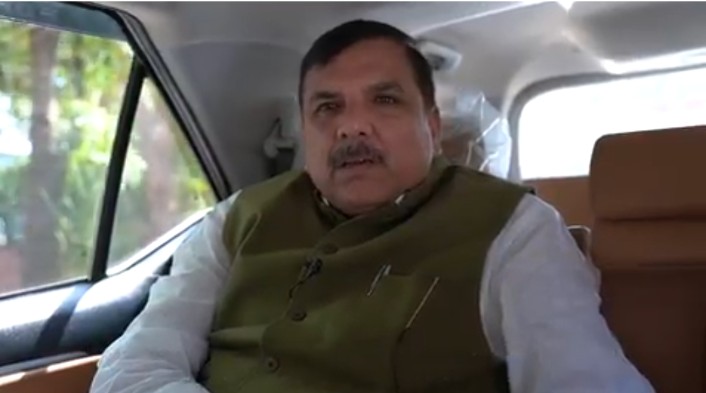The cracks in Narendra Modi’s attempts to form a coalition government are becoming more apparent. After the Bharatiya Janata Party (BJP) fell short of winning a majority in the country’s election, Modi is now faced with the task of negotiating terms with his alliance members.
However, the BJP’s minor allies are reportedly making substantial demands regarding policy changes, adding further complexity to the negotiations.The unexpected outcome of the election has put Modi in a challenging position, as he now needs the support of his coalition partners to form a stable government.
While coalition governments are not uncommon in India’s political landscape, the demands made by these minor allies are posing a significant hurdle for Modi’s administration.Negotiating policy changes with alliance members can be a delicate process, as it requires finding common ground and addressing the concerns of different parties. Modi’s ability to navigate these negotiations will determine the stability and effectiveness of his government.
It remains to be seen how Modi will handle these demands and whether he can strike a balance between satisfying his alliance partners and implementing his party’s agenda.
The success of his coalition government will depend on his ability to manage these challenges and maintain the support of his allies while also delivering on the promises made to the Indian electorate.
It appears that there are ongoing negotiations between the Bharatiya Janata Party (BJP) and its coalition partners, specifically the Janata Dal (United) (JD(U)), regarding policy modifications and portfolio allocations.According to sources in the Indian media, Narendra Modi is considering pushing back his inauguration for a third term as Prime Minister until Sunday to allow more time for these talks to continue.
This decision reflects the significance of the negotiations and Modi’s commitment to addressing the demands of his coalition partners.One key demand from the JD(U) is the modification of the Agniveer scheme, a military recruitment reform that was passed in 2022.
The JD(U) is reportedly asking the BJP to make changes to this controversial scheme, which introduced short-term “tours of duty” for new soldiers, inspired by the US military system. This demand highlights the JD(U)’s concerns and their desire to address certain aspects of the policy.Additionally, Nitish Kumar, the leader of the JD(U), is expected to negotiate for key portfolios in Modi’s cabinet. This indicates that the JD(U) is seeking significant representation and influence within the government.
The outcome of these negotiations will have implications for the formation and stability of Modi’s government. Modi will need to carefully consider the demands of his coalition partners while also ensuring that his party’s agenda and priorities are not compromised.As the talks continue, it remains to be seen how the BJP and JD(U) will find common ground and reach a mutually beneficial agreement.
The final outcome will shape the direction of the government and set the stage for the next term of Modi’s leadership.In addition to the Janata Dal (United), another key ally, the Telugu Desam Party (TDP) led by N Chandrababu Naidu, is expected to put forth its demands during the ongoing negotiations.One of the key demands from the TDP is likely to be the granting of a new special status for the state of Andhra Pradesh.
This special status would entail specific benefits and privileges for the state, potentially including financial assistance and developmental projects.
The TDP’s insistence on a special status reflects their commitment to addressing the unique needs and challenges faced by Andhra Pradesh.Furthermore, N Chandrababu Naidu is expected to negotiate for a cabinet role for his son within Modi’s government.
This indicates the TDP’s desire for representation and influence at the highest level of decision-making.Additionally, the TDP is likely to seek more funds for the development of Amravati city in Andhra Pradesh.
This request underscores the party’s focus on infrastructure development and economic growth within their state.As negotiations progress, it will be crucial for the BJP and N Chandrababu Naidu to find common ground and reach a mutually acceptable agreement.
The fulfillment of these demands will have a significant impact on the TDP’s support for the BJP-led government and the overall stability of the coalition.The successful resolution of these negotiations will determine the level of cooperation and collaboration between the BJP and its allies in the coming term, as well as the government’s ability to address the specific concerns and aspirations of different states and regions within India.
